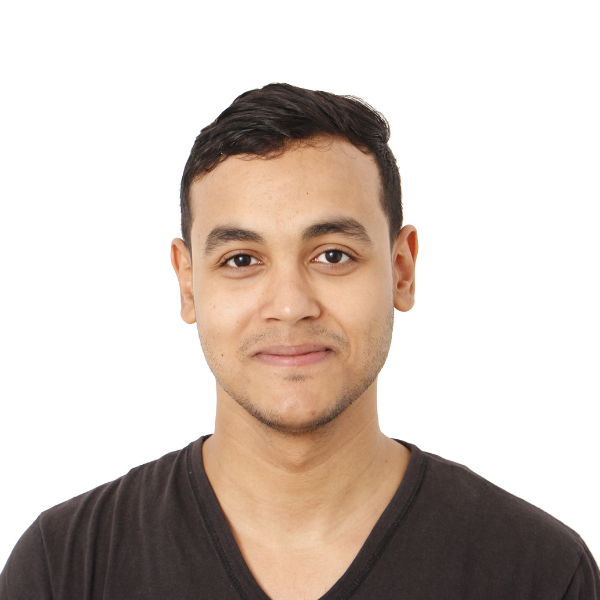France
Researcher (scientific/technical/engineering)
Date of the expedition
From 24/08/2024 to 14/01/2025
Selected Track
Paired Teams
Project title
IMMERSIVE USER-CENTRIC Quality of Experience (QoE)
Host Organization
Department of Electrical and Computer Engineering, University of Illinois Chicago
Media
Biography
I hold a Ph.D. in Computer Science from the University of Orléans, where I conducted joint research between the PRISME lab at Orléans and L2S Lab at CNRS CentraleSupélec. My work focuses on harnessing the transformative power of deep learning to tackle challenges in 3D environments, particularly in the context of Quality of Experience. Through my research, I aim to bridge the gap between theoretical AI advancements and practical applications, contributing to more efficient, perceptually-aware systems for virtual, augmented, and immersive applications.
Project Summary
This project aims to create advanced methods for assessing 3D imaging quality and for modeling visual attention in three-dimensional point cloud data. By aligning technical innovations with human perception, it targets enhanced user experiences in immersive settings like virtual and augmented reality. Central to this approach is the integration of human visual attention modeling, informed by eye-tracking technologies, into computational pipelines. These insights guide the rendering and generation of 3D scenes, allocating resources more efficiently to visually important areas and ultimately improving perceptual quality. The resulting framework offers a solid basis for refining rendering, compression, and interaction strategies, fostering more engaging, responsive, and resource-efficient 3D environments.

Key Result
This project has produced a lightweight, highly accurate perceptual quality assessment model for 3D point clouds, optimized for real-time edge deployment. Additionally, it introduced a novel visual attention framework. A custom tool was developed to streamline dataset collection via eye-tracking and quality assessment protocols, enabling user input through a standard screen interface. Integrating these advancements help to enhance scene rendering and more efficient resource use. The resulting improvements in user experience, along with new methodologies, have the potential to influence industry standards and drive broader innovation. Through ongoing collaborations with leading research institutions and active engagement with the open-source community, the project encourages adoption, integration, and further development of its solutions across various domains.
Impact of the Fellowship
The fellowship has supported notable progress in developing efficient perceptual quality assessment methods and visual attention models for immersive 3D environments, contributing to improved standards in 3D imaging and AI-driven quality evaluation. This period has also fostered meaningful international collaboration, evidenced by a proposed workshop and a new collaboration with UIC and Northwestern University on eye-tracking technologies. Efforts to secure further resources, such as applications to more grants in the US and the EU, underscore the growing momentum of these initiatives. The fellowship’s support enabled the preparation of several scientific publications and facilitated knowledge exchange activities. These outcomes not only demonstrate advancements in research innovation and scholarly dissemination but also provide a foundation for ongoing collaborations, future funding opportunities, and career development ultimately strengthening the project’s long-term impact in both academia and industry.

